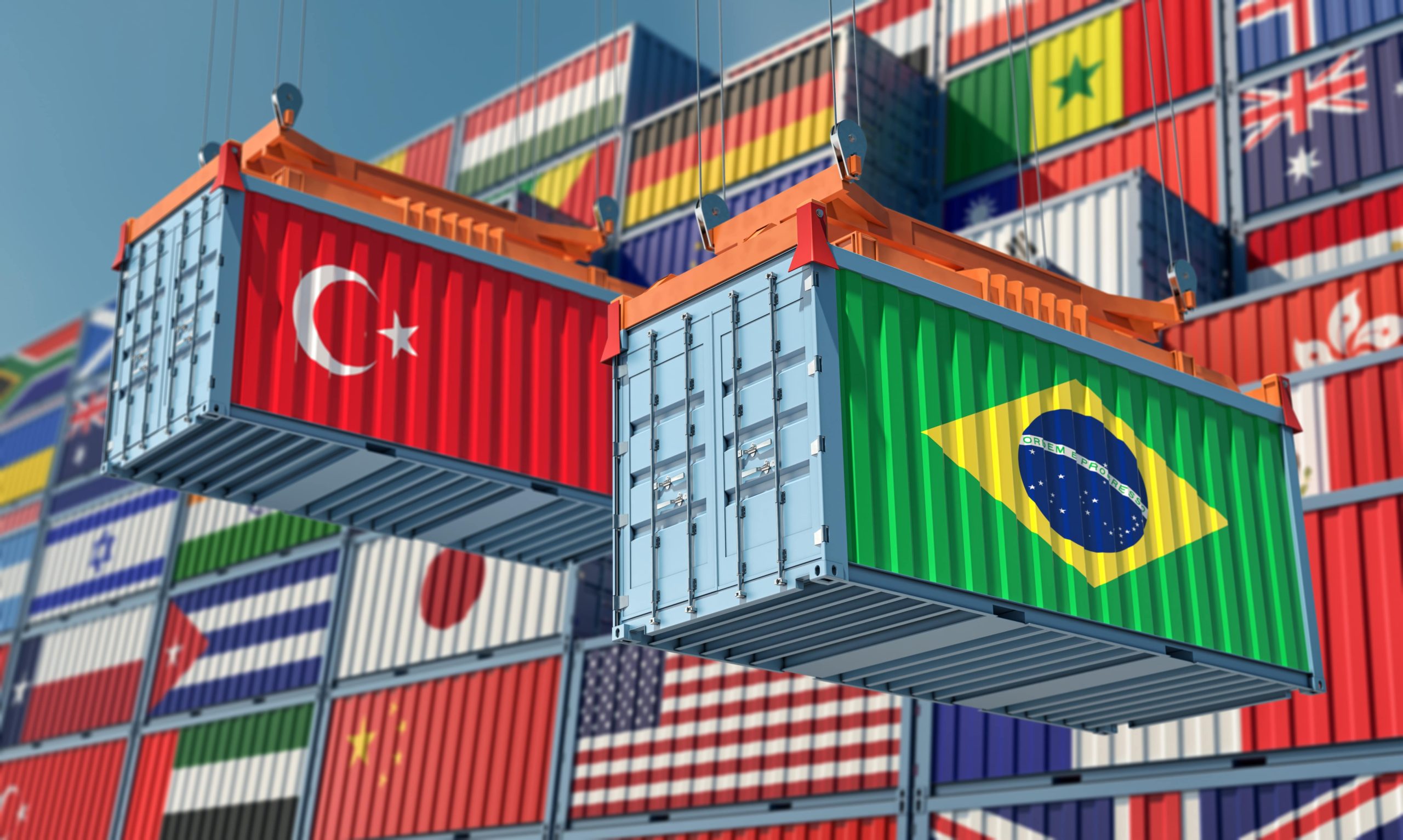The Era of Efficiency Is Over
Global markets are mispricing structural friction. On October 22, 2025, the International Monetary Fund released its most sobering World Economic Outlook in three years, confirming that the fragmentation of global trade is no longer a tail risk. It is the primary driver of capital flight. While 2024 was defined by the hope of interest rate pivots, 2025 is being defined by the fragmentation tax. This is not a temporary market dip; it is a fundamental rewiring of how capital flows across borders. Per the October 2025 World Economic Outlook, global growth is now projected to stagnate at 3.1 percent, a direct result of geoeconomic pullbacks.
The numbers do not lie. Yesterday, October 21, the 10-year Treasury yield surged to 4.85 percent as investors digested the reality of long-term inflationary pressures caused by redundant supply chains. The old playbook suggested that Apple and Microsoft would simply pivot their manufacturing to Vietnam or India and maintain their 40 percent margins. That assumption was wrong. The reality of 2025 shows that shifting a Tier 1 supplier from Shenzhen to Tamil Nadu carries a 22 percent increase in logistical overhead and a 15 percent drop in initial yield quality. This is the Alpha that generic analysts are missing: the cost of de-risking is being paid directly out of shareholder equity.
The Tech Export Siege
Silicon is the new crude oil. In the last 48 hours, the U.S. Department of Commerce expanded its restrictive entity list to include three more third-party logistics hubs in Southeast Asia. This move aims to plug the leak of H200-equivalent AI chips into restricted zones. This is not just a regulatory hurdle; it is a total blockade of the high-end compute market. For companies like Nvidia, the sovereign AI narrative is struggling to replace the lost revenue from the 2024 era Chinese data center boom. Investors are seeing a divergence between companies that own their fabs and those that rely on outsourced geographic stability.
The technical mechanism of this decline is the decoupling of the tech stack. We are seeing the emergence of two distinct tech ecosystems: the Western Open Stack and the Eastern Closed Stack. This bifurcation means that software developed in Redmond may soon be legally and technically incompatible with hardware manufactured in the Pearl River Delta. According to Reuters coverage of the latest export bans, the cost of maintaining dual-compliance infrastructure is expected to gut R&D budgets by nearly 12 percent across the S&P 500 tech sector over the next four quarters.
Visualizing the Fragmentation Delta
The following chart illustrates the shift in growth expectations. As global trade lanes fracture, the premium on domestic resilience has inverted the growth charts of the previous decade. The cost of this friction is what we call the Fragmentation Tax.
The Myth of the Consumer Goods Pivot
Consumer goods giants like Procter & Gamble and Unilever are often cited as safe havens during trade volatility. This is a fallacy in the 2025 environment. The cost of raw materials is no longer the primary concern; it is the cost of energy and the weaponization of the dollar. As the DXY (Dollar Index) remains stubbornly above 106, the cost of servicing dollar-denominated debt in emerging markets has crippled the purchasing power of the global middle class. These companies cannot simply raise prices indefinitely without hitting a demand wall.
Data from the Bloomberg terminal on October 21 showed a significant uptick in credit default swaps (CDS) for consumer-facing firms with high exposure to the Asia-Pacific region. This signals that the market is finally pricing in the risk of a full-scale trade war escalation. The technical term for this is margin compression via regulatory strangulation. When a company cannot optimize its supply chain for cost because of national security mandates, it ceases to be a growth engine and becomes a utility.
Currency Wars and the New Gold Standard
Gold hit a new nominal high this morning, October 22, 2025. This is not just a hedge against inflation; it is a hedge against the weaponization of the financial system. Central banks in the BRICS+ bloc have accelerated their gold purchases by 18 percent year over year. They are preparing for a world where the SWIFT system is no longer a neutral utility. Investors who are still looking at the S&P 500 as a monolith are missing the internal rotation toward hard assets and domestic-heavy industrials.
The financial services sector is currently caught in a regulatory pincer movement. On one side, the Basel III endgame requirements are finally biting into bank capital ratios. On the other, the volatility in the bond market is making it impossible to price long-term trade finance. This has led to a 14 percent drop in trade credit availability since the start of the third quarter. Without trade credit, the movement of physical goods slows to a crawl, regardless of what the demand side looks like.
| Asset Class | Oct 2024 Yield | Oct 2025 Yield | Risk Delta |
|---|---|---|---|
| 10-Year Treasury | 4.20% | 4.85% | +65 bps |
| Gold (Spot) | $2,450 | $2,890 | +17.9% |
| Trade Credit Spreads | 1.8% | 3.4% | +160 bps |
Watch the January 15, 2026, deadline for the next round of Section 301 tariff reviews. This will be the first major indicator of whether the current trade posture will harden into a permanent iron curtain or offer a slight reprieve for the consumer electronics sector. The specific data point to track is the spread between the 2-year and 10-year Treasury yields; if the inversion returns during the January review, it will signal that the market has fully capitulated to a decade of low growth and high friction.



